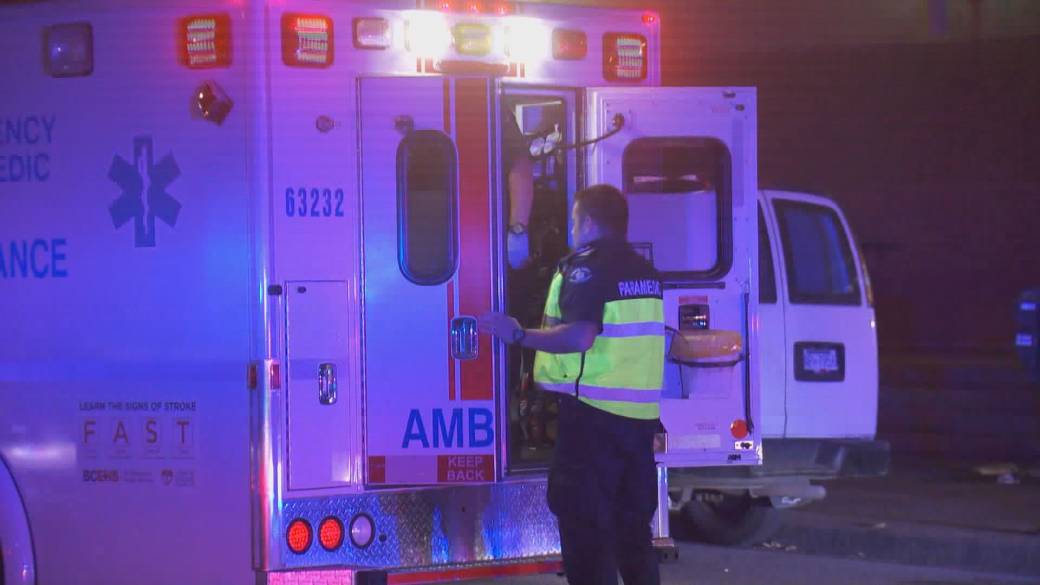November 2, 2021
-Global News
On the same day that there was a tragic fatal accident in Penticton, B.C., ambulances were delayed for three other calls, according to the daily dispatch list.

“Even in our rural and remote communities, we’re seeing those delays,” said Troy Clifford, president of Ambulance Paramedics of B.C.
“Every minute that you delay could have outcomes that are negative for the patient’s either survival, which means death, or their potential rehabilitation,” he said.
Clifford said part of the problem is recruitment, particularly when some paramedics only earn $2 an hour through the on-call system.
“Police, fire, ambulance, coast guard, the same kind of people are drawn to this kind of profession that are drawn to all those other disciplines,” Clifford said.
“When I’m deciding which career I want to take, even if I want to be a paramedic, if I don’t have benefits and wages, I’m going to choose maybe those other options.”
Clifford said an estimated 150 to 200 paramedics province-wide are no longer on the job because of the vaccine mandate.
In an email, Cindy Leong, a spokesperson for Emergency Health Services, said that on Oct. 23, the day of the fatal Penticton crash, paramedics responded to time-critical calls in the area within its benchmark of nine minutes.
She also said that when patients are waiting longer because an ambulance is tied up, dispatch staff check back in with the caller and upgrade the patient to a higher priority response if their condition worsens.
“We appreciate the assistance of fire-rescue first responders, who can provide critical first aid and monitor the patient until paramedics arrive,” Leong said.
Following a deadly heat wave in the summer when the ambulance service was severely understaffed, the province announced several changes, promising to hire more paramedics and also introducing a new leadership model.
“We’re reinforcing ambulance operations with hundreds of new paramedic positions, including the 85 announced in mid-July, 30 new dispatchers, 22 more ambulances, with dozens of rural and remote communities that are seeing an increase in service particularly full-time paramedics, and we expect to fill these positions this month,” said Health Minister Adrian Dix.
Clifford said the leadership model has been successful so far, and that other changes are also a step in the right direction, although more still needs to be done.
“Are we meeting the demand? No, I don’t believe we are. Have the changes made a difference? Yes I believe they have,” he said.




